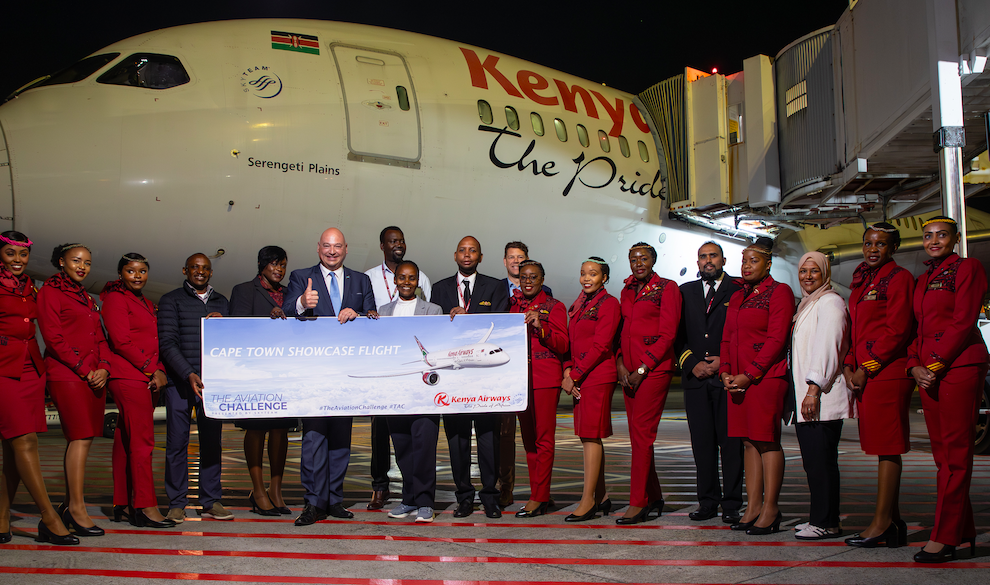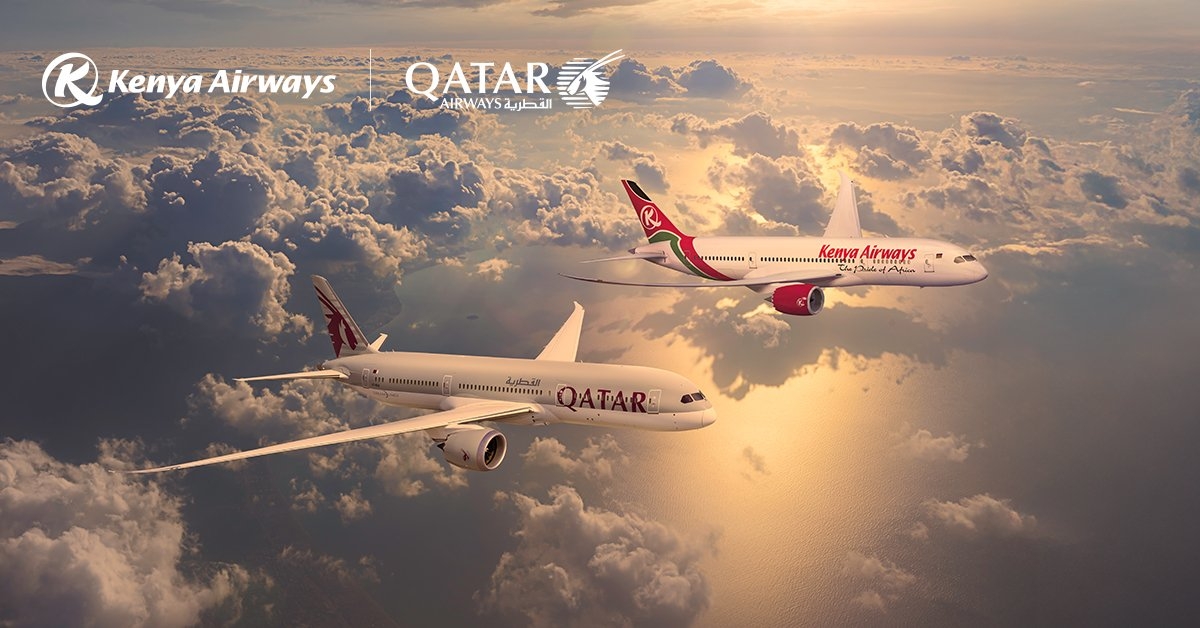

Kenya Airways has operated its first intra-African flight using 50 per cent Sustainable Aviation Fuel (SAF) attributes under a mass balance system.
SAF is in line with international standards by the International Air Transport Association and the Carbon Offsetting and Reduction Scheme for International Aviation (CORSIA).
"This milestone marks a step in reducing the carbon footprint of air travel in Africa. The SAF attributes are verified through global certification schemes that ensure traceability and transparency," KQ s said in a statement.
Experts in the aviation industry said SAF could contribute around 65 per cent reduction in emissions that is needed by aviation to reach net zero CO2 emissions by 2050.
Players at the industry have, however, been raising concerns with the high high cost of the fuel, lack of coordinated legal frameworks and lack of requisite technologies as some of the challenges facing its roll out.
KQ said the fuel is made from Hydroprocessed Esters and Fatty Acids feedstocks, such as used cooking oil and other waste materials, which can achieve up to 85 per cent lower greenhouse gas emissions compared to conventional jet fuel when produced and used directly.
"By applying these verified SAF attributes, the airline has achieved a 50 per cent SAF-equivalent operation on the Nairobi–Cape Town route. This represents a meaningful step in exploring realistic and measurable ways to reduce emissions across its network."
KQ said the flight was organised as part of the SkyTeam Aviation Challenge 2025 under the theme Impact, which celebrates practical actions that promote sustainability in aviation.
Onboard, Kenya Airways introduced several initiatives under four focus areas.
The initiatives include up-cycled blanket bags and headset covers and reusable cutlery to reduce waste, locally sourced Kenyan coffee and tea, canned beverages instead of plastic bottles and reusable hot drink cups, recycling of onboard waste and reusing service items.
The cabin crew were also involved in creating awareness among passengers about responsible practices.
Hellen Mwariri, chief strategy and innovation officer, said, “This flight shows what can be achieved through collaboration and innovation. It’s a step towards practical solutions that reduce our impact while keeping operations efficient.”
KQ continues to work with government agencies, local innovators and international partners, including IATA, SkyTeam and AFRAA to help build local SAF production capacity in Kenya by 2026.
















